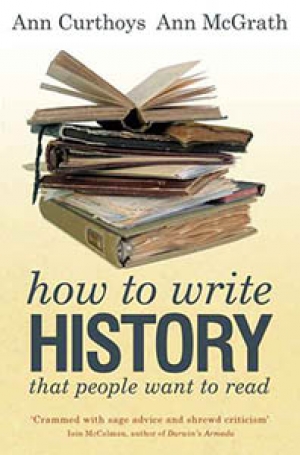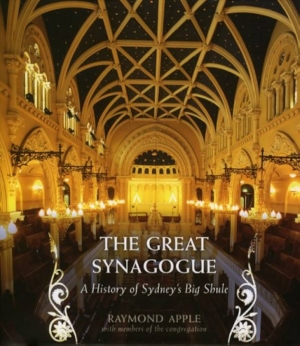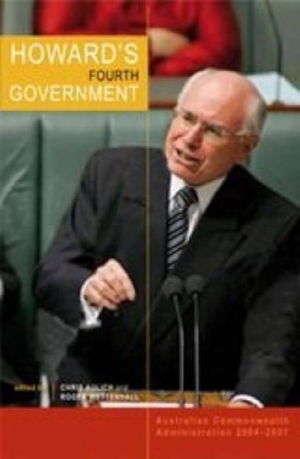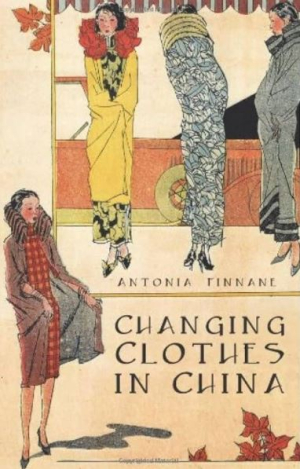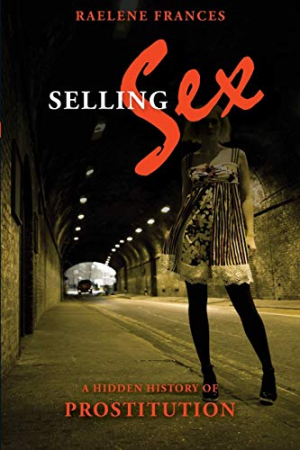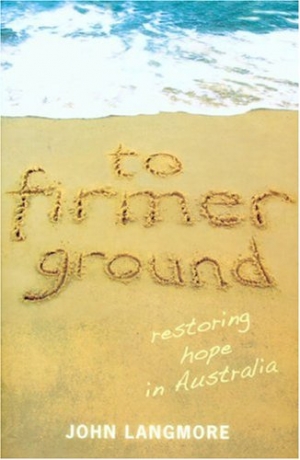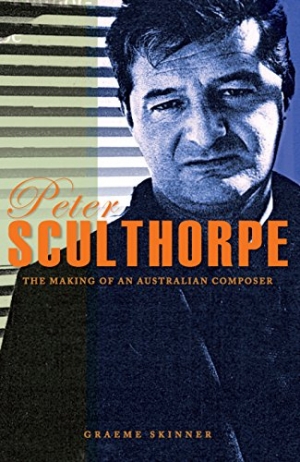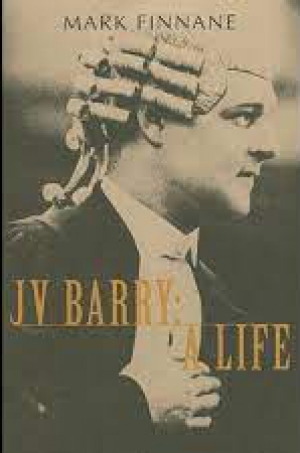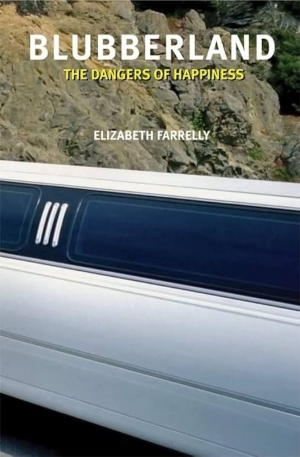UNSW Press
Since the mid 1990s, when Robert Putnam lionised the concept in his famous essay ‘Bowling Alone’, writing on ‘social capital’ has proliferated. It caught the eye of politicians, including then United States President Bill Clinton, and for a while it seemed that everyone was lamenting its decline ...
... (read more)Stuart Macintyre reviews 'How to Write History That People Want to Read' by Ann Curthoys and Ann McGrath, and 'Voice and Vision: A guide to writing history and other serious nonfiction' by Stephen J. Pyne
‘Real solemn history, I cannot be interested in’, declared Jane Austen, and so too do a number of Australian publishers. It is a commonplace that historians do not know how to write, except to each other in ways that put other readers to sleep. The first advice to the author of any newly minted doctoral dissertation preparing a book proposal is to eliminate all reference to the thesis. The starting point in any of the non-fiction writing programs offered at universities is to purge their manuscript of academic diction. ‘Sadly’, Ann Curthoys and Ann McGrath begin their advice book on the subject, ‘historical writing has quite a bad reputation’.
... (read more)Yossi Klein reviews ‘The Great Synagogue: A history of Sydney’s big shule’ by Raymond Apple
The Australian migrant experience is often regarded through the prism of the postwar experience and the waves of immigration and exodus, chiefly from Europe. Today, except among historians, the settlement of Australia is often the butt of colonial and convict humour, or the stuff of pop-cultural iconography and self-identification. This comes at the expense of a true appreciation and understanding of Australia’s rich cultural and demographic origins. In the light of recent cultural debates regarding ethnicity and multiculturalism, it is clear that our understanding of our society, and the varied backgrounds of its constituents, is wanting.
... (read more)The Australian ritual of a federal election campaign every two or three years is one in which voters are invited to participate in hyperbole. Reality is magnified a thousand times as the actors perform a finely choreographed political quadrille while their every word and gesture are scrutinised for meaning and analysed for nuance. Yet for all the expensive and lavish hoopla that now constitutes an election campaign, Australians are a reluctant people when it comes to getting rid of governments, however short they fall in expectations. On only eleven occasions in the 107 years of federation have they opted for change.
... (read more)Gloria Davies reviews 'Changing Clothes in China: Fashion, History, Nation' by Antonia Finnane
The juxtaposition of the three words ‘fashion,’ ‘history’ and ‘nation’ in the title of Antonia Finnane’s study of Chinese clothing indicates the ambitious nature of her richly illustrated book. Her account is an engaging one, based in detailed analysis of the social and political circumstances that shaped not only what people wore but the body shapes they cultivated as well. Finnane, an associate professor of history at the University of Melbourne, tells us that her narrative of vestimentary change across a century or more in China is aimed at showing how ‘the relationship between national politics and fashion is not simple, predictable or steady’, in tandem with an analysis of how technology, industry, commerce and modern communications each played a significant part in changing Chinese styles of dress.
... (read more)Selling Sex provides a comprehensive history of prostitution in Australia. In 342 pages, Raelene Frances (currently Dean of Arts at Monash University) describes the changing nature of sex work in Australian society from the colonial period to the present day. Frances’s text is brilliantly researched and provides many important insights for readers interested in Australian history and culture, as well as the history of sex and gender.
... (read more)Sometimes books date quickly. This is the fate of To Firmer Ground, which was published in October 2007, one month before the change of government in Canberra. Had it appeared one year earlier, or had Kevin Rudd not triumphed at the ballot box, then this book might have provided a timely critique of the policy failings of the Howard government. Six months later, with Kyoto ratified and the new parliament having apologised to the ‘stolen generations’ and amended WorkChoices in its first sitting week, this volume seems bogged in the past.
... (read more)Peter Sculthorpe must already be the most written-about of Australian composers, by a comfortable margin. One might legitimately wonder whether we need another Sculthorpe book in preference to an in-depth study of one of his comparatively neglected colleagues. However, this imbalance is not merely quantitative, but points to an underlying phenomenon: Sculthorpe’s position, in the concert-going public’s imagination, as the very incarnation of Australian ‘serious’ music. This phenomenon is, in a way, the real subject matter of Graeme Skinner’s new book – a meticulously detailed biography not only of the man but also of his almost mythic persona as The Great Australian Composer, created by Sculthorpe himself and by others.
... (read more)Tony Blackshield reviews 'J.V. Barry: A life' by Mark Finnane
‘I am really only an oppositionist, distrustful of power wherever I see it,’ wrote Jack Barry (1903–69) in 1951; and perhaps his oppositional instincts held him back from the heights of power to which he sometimes aspired. Instead, this biography argues, his impact was that of ‘a public intellectual before the term was invented’.
... (read more)In this fascinating and irritating book, Elizabeth Farrelly hits out at almost everything about the modern world. She is an architect, and urban sprawl and ugly buildings are her bêtes noires, though obesity, kitsch and fakery also attract her coruscating attention.
Blubberland is a curious mixture of diatribe and philosophical treatise on cultural theory. Farrelly makes many good points: tight-knit cities, for example, are more energy-efficient than sprawling suburbs, and the ‘sea-change’ fad destroys beauty spots with little increase in happiness. She wonders ‘[w]hy we demand a built lifestyle whose habitual over-indulgence is, by even the standards of our parents’ generation, extraordinary? … Why these houses, and the suburbs full of them, are so ugly? Is it an aesthetic or a moral repugnance?
... (read more)
